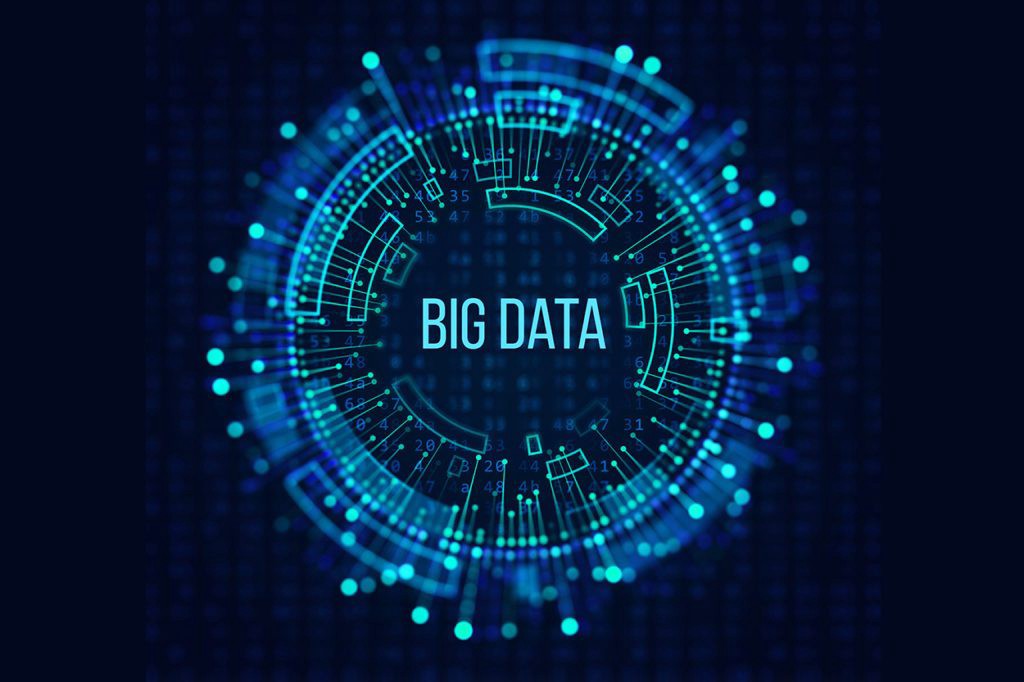
In today’s digital age, the amount of data generated is growing exponentially. This massive volume of data, known as Big Data, presents both challenges and opportunities for businesses and organizations. In this article, we will delve into the concept of Understanding the Big Data, explore its potential, and examine its various applications across different industries.
What is Big Data?
Big Data refers to the vast amount of structured and unstructured data that is too large and complex to be processed by traditional data processing applications. It encompasses three main characteristics: volume (large amounts of data), velocity (high speed at which data is generated and processed), and variety (data from various sources and formats).
Unveiling the Potential of Big Data:
a. Enhanced Decision-Making:
Big Data analytics provides valuable insights that enable organizations to make data-driven decisions. By analyzing large datasets, businesses can uncover patterns, trends, and correlations that help optimize operations, improve customer experiences, and drive innovation.
b. Improved Customer Understanding:
Big Data enables organizations to gain a deeper understanding of their customers. By analyzing customer behaviors, preferences, and feedback, businesses can personalize marketing campaigns, enhance customer engagement, and deliver targeted products and services.
c. Predictive Analytics:
Big Data analytics empowers organizations to predict future outcomes and trends. By leveraging historical data, machine learning algorithms, and statistical models, businesses can make accurate forecasts, anticipate market demands, and optimize resource allocation.
Applications of Big Data:
a. Healthcare: Big Data plays a crucial role in healthcare by facilitating disease surveillance, patient monitoring, and personalized medicine. Analysis of large healthcare datasets helps in identifying disease patterns, predicting outbreaks, and improving patient outcomes through personalized treatments.
b. Finance: Big Data analytics is transforming the financial industry by enabling fraud detection, risk assessment, and algorithmic trading. Analyzing massive financial datasets helps identify fraudulent transactions, assess credit risks, and make informed investment decisions.
c. Retail: Big Data is revolutionizing the retail industry by providing insights into customer behavior, optimizing inventory management, and enabling personalized marketing. Retailers can analyze purchase history, social media data, and browsing patterns to offer personalized recommendations and enhance the customer experience.
d. Transportation and Logistics: Big Data analytics improves transportation and logistics operations by optimizing routes, reducing fuel consumption, and enhancing supply chain management. Analyzing real-time data from sensors, GPS, and weather forecasts helps streamline logistics processes and improve delivery efficiency.
Challenges and Considerations:
While Big Data has immense potential, there are challenges to overcome. Privacy concerns, data security, data quality, and the need for skilled professionals are some of the key considerations organizations must address. Implementing appropriate data governance and privacy measures is crucial to ensure the responsible use of Big Data.
Understanding a Big Data has emerged as a transformative force with the potential to reshape industries, drive innovation, and accelerate growth. By leveraging the power of Big Data analytics, organizations can make informed decisions, gain valuable insights, and improve operational efficiency. As technology advances and more data is generated, it is essential for businesses to embrace Big Data and harness its potential to gain a competitive edge in the digital era.

